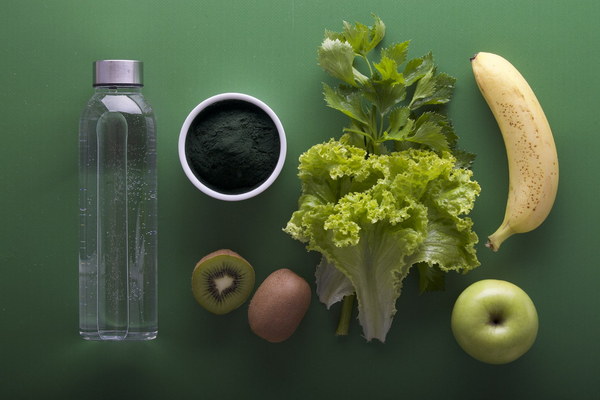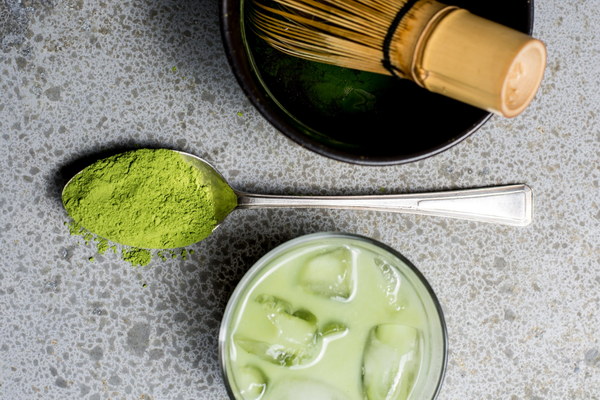Liver Care What to Avoid for Optimal Liver Health
Introduction:
The liver is a vital organ responsible for detoxifying the body, metabolizing nutrients, and producing essential proteins. Maintaining a healthy liver is crucial for overall well-being. However, certain habits and substances can pose a threat to liver health. In this article, we will discuss the common things to avoid to ensure optimal liver function.
1. Excessive Alcohol Consumption:
One of the leading causes of liver disease is excessive alcohol consumption. Alcohol can damage liver cells and lead to conditions like fatty liver, hepatitis, and cirrhosis. To maintain a healthy liver, it is essential to limit alcohol intake and avoid binge drinking.
2. Over-the-Counter Medications:
Prolonged use of certain over-the-counter medications, such as acetaminophen (Tylenol), can cause liver damage. Always follow the recommended dosage and consult a healthcare professional before combining multiple medications, as they can increase the risk of liver toxicity.
3. High Sugar Intake:
Excessive sugar consumption can lead to non-alcoholic fatty liver disease (NAFLD), a condition where fat accumulates in the liver. To protect your liver, limit your intake of sugary drinks, desserts, and processed foods.
4. High Fat Diet:
A diet high in saturated and trans fats can contribute to the development of NAFLD. Incorporate healthy fats, such as those found in fish, nuts, and olive oil, into your diet while avoiding fried and processed foods.
5. Smoking:

Smoking has been linked to liver disease, including liver cancer. Quitting smoking can significantly reduce the risk of liver damage and improve overall health.
6. Poor Hygiene:
Poor hygiene practices can increase the risk of hepatitis A and E, which are viral infections that can cause liver inflammation. Always wash your hands before eating, after using the bathroom, and after handling raw foods.
7. Excessive Caffeine Intake:
While moderate caffeine consumption is generally safe for the liver, excessive intake can lead to liver inflammation and increase the risk of liver disease. Limit your caffeine consumption to one to two cups of coffee per day.
8. Exposure to Toxins:
Certain environmental toxins, such as heavy metals and industrial chemicals, can damage the liver. Minimize exposure by using protective gear when working with hazardous materials, and choosing organic products whenever possible.
9. Lack of Physical Activity:
Regular exercise can improve liver function and reduce the risk of NAFLD. Aim for at least 150 minutes of moderate aerobic exercise or 75 minutes of vigorous exercise per week.
10. Poor Sleep Habits:
Sleep plays a crucial role in liver health. Poor sleep quality or insufficient sleep can disrupt the liver's ability to regenerate and detoxify. Aim for 7-9 hours of quality sleep per night.
Conclusion:
Maintaining a healthy liver requires a balanced lifestyle that includes a healthy diet, regular exercise, and avoiding harmful substances. By steering clear of excessive alcohol, over-the-counter medications, high sugar intake, and other detrimental habits, you can significantly reduce your risk of liver disease and enjoy optimal liver health. Always consult a healthcare professional for personalized advice and support in maintaining a healthy liver.









